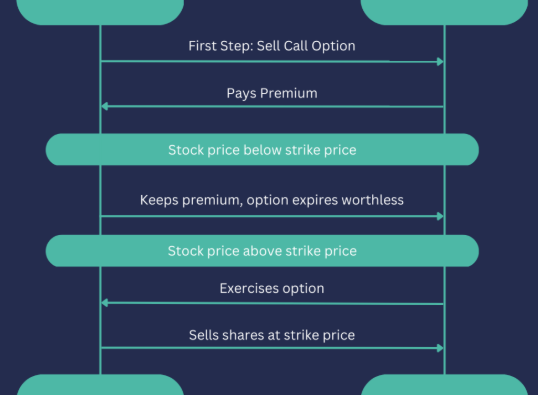
Venturing into the stock market can feel intimidating at first, especially with its reputation for being unpredictable and complex. However, successful trading doesn’t rely on luck—it comes from understanding the market, building a strategy, and committing to continuous learning. Whether you’re just starting out or looking to sharpen your skills, here are ten effective ways to build a strong foundation in stock trading.
1. Explore Investment Books
Books remain one of the most powerful resources for learning. Whether you’re interested in market psychology, technical analysis, or long-term investing strategies, reading gives you a well-rounded perspective. Classic investment literature can help you understand how markets operate, what influences stock prices, and how seasoned investors think and act.
2. Follow Financial Blogs and News Sources
Keeping up with financial blogs, market commentary, and expert opinions is essential for staying in tune with current market sentiment. These resources often provide timely updates on macroeconomic events, company news, and trading strategies that can help you make more informed decisions.
3. Seek Guidance from a Mentor
Having an experienced trader or investor as a mentor can significantly accelerate your learning curve. A mentor offers personalized advice, shares lessons from their journey, and helps you avoid common mistakes. Whether it’s a friend, family member, or financial professional, learning from someone with hands-on experience can be invaluable.
4. Work with a Trusted Broker
A knowledgeable broker can be more than just a platform for trading—they can also serve as a source of market insights and research. Partnering with a brokerage that offers educational tools, analyst reports, and support can help you better understand market mechanics and improve your trading strategies.
5. Stay Informed and Analyze Market Trends
Developing an eye for market behavior is a crucial part of trading. This includes learning technical analysis, understanding chart patterns, and recognizing price trends. Monitoring how markets react to economic news and corporate results can help you predict future price movements more accurately.
6. Study Successful Traders
Take time to examine the habits, strategies, and philosophies of successful investors. Learning about how top traders manage risk, time their trades, and build long-term wealth can provide you with practical insights. Reading biographies or watching interviews with market veterans can also deepen your understanding of what drives success.
7. Understand Your Risk Appetite
Before diving into trades, evaluate your financial position and determine how much risk you’re willing and able to take. This self-awareness helps you avoid investments that are beyond your comfort level and encourages you to make choices that align with your goals and budget.
8. Keep Investment Costs Low
Trading comes with costs—brokerage fees, taxes, and other charges can eat into your profits. To maintain healthy returns, focus on minimizing these expenses. Choosing flat-fee brokers and being mindful of transaction frequency are good practices to manage trading costs effectively.
9. Join Workshops and Educational Programs
Participating in trading workshops or taking online courses can offer structured learning opportunities. These platforms often cover basics like how markets function, how to read charts, and how to manage a portfolio. Look for programs that combine theoretical knowledge with real-world examples.
10. Learn from Your Mistakes
Losses and errors are part of every trader’s journey. Instead of being discouraged by setbacks, use them as learning moments. Reviewing past trades—both good and bad—helps you identify patterns, adjust your approach, and grow more confident with time.
Final Thoughts
Mastering stock trading doesn’t happen overnight. It requires patience, continuous education, and real-world experience. By combining self-study with practical exposure, mentorship, and a clear understanding of your personal risk tolerance, you can build the skills needed to succeed in the market. Stay disciplined, stay informed, and always be willing to adapt as you progress on your trading journey.









